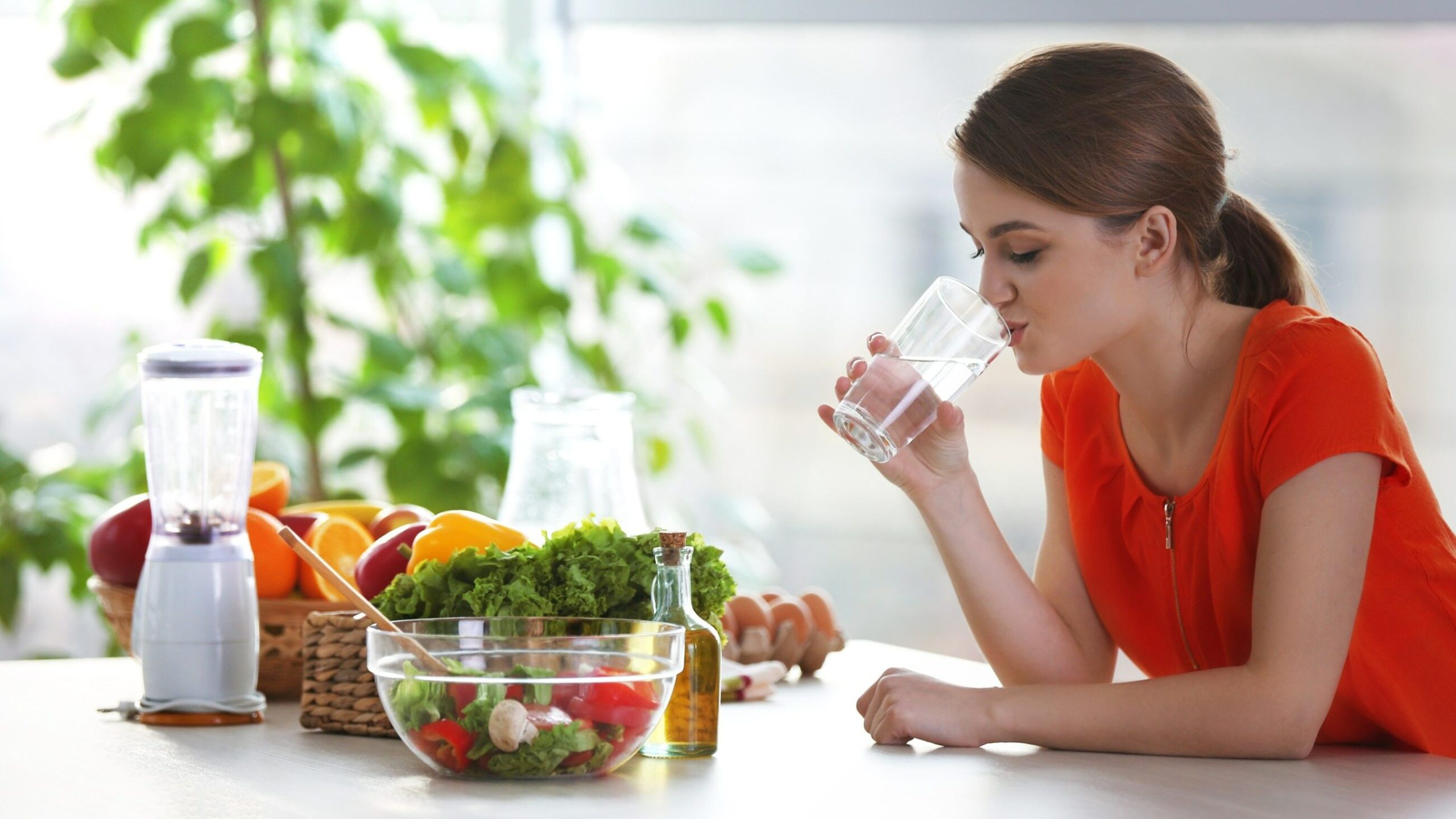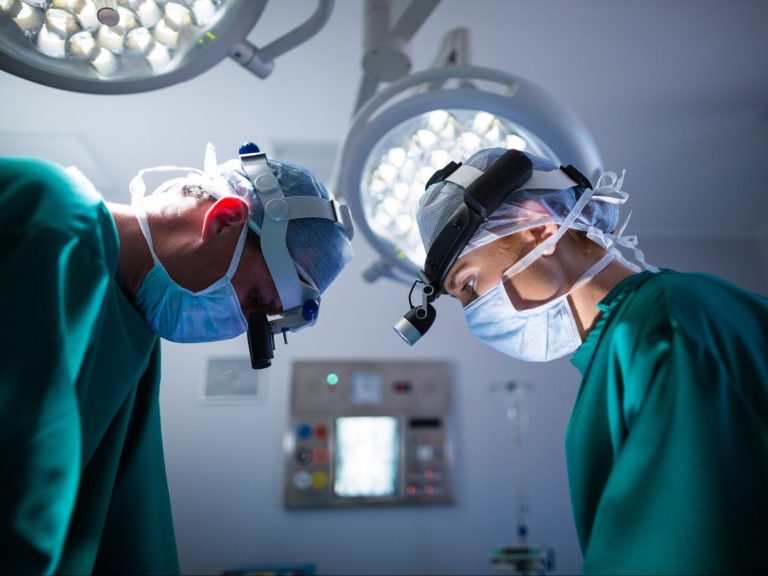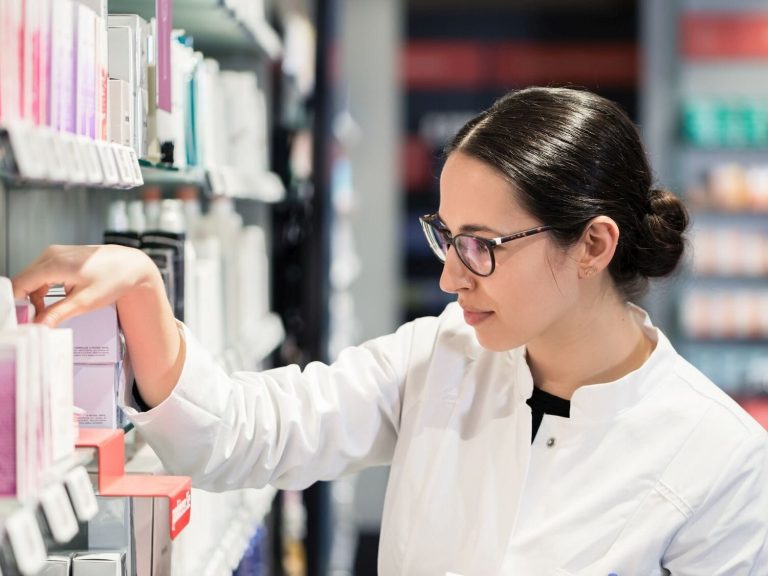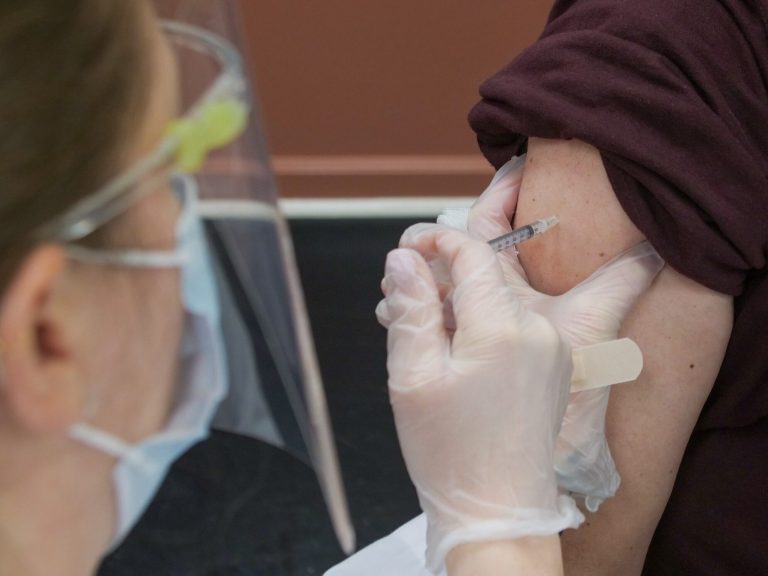Diet can help fight acne. Check what to eat to help get rid of the problem

Diet has a huge impact on the functioning of our entire body, including the appearance of our skin. People struggling with acne should especially remember this. See what to eat to alleviate the disease.
Acne is a skin disease. It is one of the most frequently diagnosed dermatological diseases in the world. Up to 85 percent of the population between 11 and 30 years of age may struggle with it. It results in the secretion of excessive amounts of sebum (oil) by the sebaceous glands. As a result, various types of changes begin to appear on the skin. They can take the form of blackheads, papules, nodules and even small cysts. It all depends on what type of acne we are dealing with. Proper skin care and a proper diet can help fight this problem. Check what to eat and what to avoid.
Diet is good for acne
An acne diet should consist primarily of easily digestible and low-processed products. It is worth introducing fresh vegetables and fruits, as well as fatty sea fish rich in omega-3 fatty acids, into your diet. Their valuable sources include mackerel, salmon and herring. It is also good to ensure an adequate supply of zinc. This compound regulates the functioning of the sebaceous glands. It also has a strong antioxidant effect. It reduces oxidative stress caused by overactivity of free radicals and eliminates tissue inflammation. We can find it in products such as:
-
cocoa,
-
linseed oil,
-
seafood,
-
liver,
-
rennet cheeses,
-
eggs,
-
nuts and seeds (cashews, linseed, sesame, pumpkin seeds, etc.),
-
whole grain cereal products.
You also need to remember to properly hydrate your body. An adult should drink about 1.5-2.5 liters of fluids a day, depending on needs and level of physical activity. Thanks to this, the skin will be moisturized and less susceptible to harmful external factors, which may also contribute to the formation of acne. Of course, it's best to drink water. However, an infusion of chamomile, pansies or nettle will also work (due to their antibacterial and anti-inflammatory effects). You can use them 2-3 times a day. However, it is worth knowing that using herbal infusions for acne may – but does not have to – result in a temporary deterioration of the skin condition. This is the result of sweat excreting toxic metabolic compounds outside the body. After a month of treatment, the appearance of the skin improves. It is also worth consulting your doctor about the use of herbal infusions.
What to avoid with acne?
First of all, you should limit the consumption of sugars (carbohydrates), simple and highly processed food products, for example store-bought sweets or salty snacks rich in fats, artificial colors and preservatives. You should also reduce your consumption of alcohol, carbonated drinks and fast food (it is best to completely eliminate these elements from your diet).
Each body is different, so the reaction to particular foods may vary. It is worth monitoring your skin and adapting the menu to your needs and your body's reaction to the diet. If in doubt, it is best to consult a dermatologist, dietitian or family doctor.






